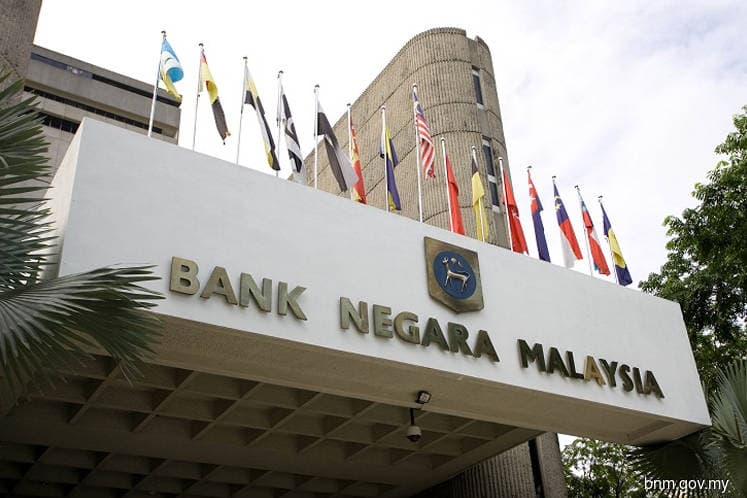
This article first appeared in The Edge Financial Daily on June 8, 2018
KUALA LUMPUR: Policies that were set in place by Bank Negara Malaysia (BNM) governor Tan Sri Muhammad Ibrahim, who had tendered his resignation on Wednesday, are expected to remain intact even when a new governor is appointed.
Socio-Economic Research Centre (SERC) executive director Lee Heng Guie expects the continuity of existing policies at BNM.
“I don’t think there will be abrupt changes to the existing policies in place. Looking back, some of the policies under the previous governor have somewhat helped to stabilise the volatility of the ringgit.
“Going forward, financial markets still remain volatile given external factors such as the expected further interest rate normalisation by the US Federal Reserve, and also the ongoing trade tensions among the advanced economies.
“I believe [Muhammad’s successor] will continue the focus on keeping the financial markets resilient to [withstand] the external volatility, and deliver the mandate of BNM to promote monetary and financial stability” he told The Edge Financial Daily.
Policies that were implemented during Muhammad’s tenure include measures to enhance the liquidity of the foreign exchange market, which include a policy requiring exporters to convert at least 75% of export proceeds received into ringgit instead of keeping them in foreign currencies.
MIDF Research chief economist Dr Kamaruddin Mohd Nor opines that there is no need for a change in policies that were already put in place, such as the export proceeds conversion.
“The implementation of the said policy is part of the ongoing effort by BNM to strengthen and deepen the Malaysian financial market,” he said.
UOB Malaysia senior economist Julia Goh also expects policy continuity despite the leadership change at BNM.
“We see growth risks to be roughly balanced. As such, we expect BNM to maintain a neutral monetary policy stance and for the overnight policy rate to remain unchanged at 3.25% for the rest of the year.
“A moderating inflation trend and positive real interest rates provide flexibility for monetary adjustment should economic activity slow more than expected,” she said in a report yesterday.
UOB is maintaining its gross domestic product forecast for 2018 at 5% on the back of resilient private consumption and net export gains, and the bank’s inflation outlook has been adjusted to 1% to 2% in 2018 from 2.5% previously, in anticipation of disinflationary effects from the goods and services tax removal while petrol prices are stabilised.
Maybank Kim Eng head of Fixed Income Research Winson Phoon opines that the leadership transition at BNM is not expected to translate into a deviation from the existing monetary policy path.
“The Malaysian Government Securities curve was little changed in reaction to the news,” he said.